A Revolutionary Solar Fridge Will Help Keep COVID Vaccines Cold In Sub-Saharan Africa
Enlarge this image
In all of Sierra Leone, only one functioning freezer meets the cold storage requirements for the Pfizer vaccine. It’s housed in a complex at the Ministry of Health’s medical compound in the capital Freetown and is only slightly larger than a residential fridge.
Jason Beaubien/NPR
hide caption
toggle caption
Jason Beaubien/NPR
Enlarge this image
A child is inoculated with a vaccine at the Songo Health Clinic in Sierra Leone.
Jason Beaubien/NPR
hide caption
toggle caption
Jason Beaubien/NPR
Enlarge this image
Mariama Koroma shows a revolutionary type of solar-powered refrigerator in the Songo Health Clinic, used to store vaccines. They don’t use batteries but use a «direct-drive system to store coldness.
Jason Beaubien/NPR
hide caption
toggle caption
Jason Beaubien/NPR
Mariama Koroma shows a revolutionary type of solar-powered refrigerator in the Songo Health Clinic, used to store vaccines. They don’t use batteries but use a «direct-drive system to store coldness.
Jason Beaubien/NPR
«All the vaccine that we are supposed to use in Sierra Leone, we have here, Koroma says peering into the thick-walled refrigerator.
Sierra Leone is in the early stages of doing COVID vaccinations. So far only a tiny portion of the population has been immunized. And the limited COVID doses haven’t yet been distributed to small clinics like Koroma’s in Songo.
But as more vaccines do arrive, the new solar freezers will be crucial to allow doses to be distributed, stored and eventually administered to people in many parts of Africa with limited or no electricity — an urgent task as COVID-19 cases rise in Africa.
- covid vaccines
- COVID-19
- refrigeration
- pandemic
- pfizer
- Sierra Leone
Обсудим?
Смотрите также:

